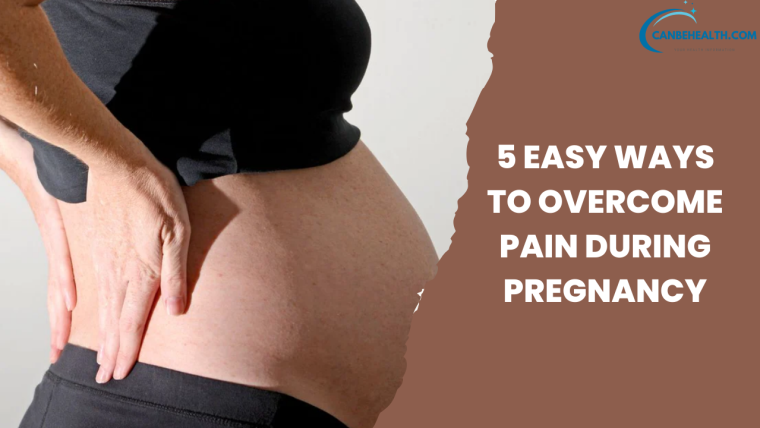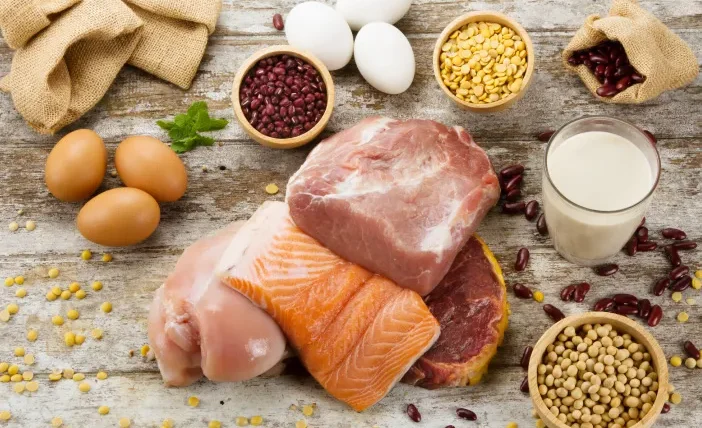Is prosciutto safe for pregnant women? Pregnancy is a time of joy, anticipation, and, of course, dietary adjustments. Expecting mothers are often bombarded with conflicting advice about what they can and cannot eat. One common question that arises is, “Can pregnant women eat prosciutto?” Let’s dive into this query, dispelling myths and providing you with valuable insights on this Italian delicacy.

Prosciutto is a delicious Italian delicacy, but when it comes to pregnancy, many questions arise regarding its safety. In this article, we will explore whether pregnant women can consume prosciutto and the associated risks and guidelines for ensuring a healthy and safe pregnancy.
What is prosciutto?
Prosciutto is a type of dry-cured ham, typically made from the hind leg of a pig. It’s known for its rich flavor and delicate texture, making it a popular ingredient in various dishes. However, when you’re pregnant, you need to be extra cautious about your food choices.
The Concerns Surrounding Prosciutto
Pregnant women need to be cautious about consuming certain foods due to potential risks. Prosciutto falls into this category for several reasons:
- Listeria Risk: Prosciutto, being a raw, cured meat, can potentially harbor the bacterium Listeria monocytogenes. This bacterium can cause a severe illness called listeriosis, which can be harmful to both the mother and the baby.
- High Salt Content: Prosciutto is also high in sodium, which can lead to water retention and increased blood pressure, both of which can be problematic during pregnancy.
- Nitrates and Nitrites: Cured meats like prosciutto often contain nitrates and nitrites, which have been associated with adverse health effects when consumed in excess.
Nutritional Benefits of Prosciutto

Before we delve into the question of whether pregnant women can eat prosciutto, let’s take a look at its nutritional profile. Prosciutto is a good source of protein, vitamins, and minerals, including iron, zinc, and vitamin B12. These nutrients are essential for overall health, making prosciutto a tempting choice.
Food Safety Guidelines for Pregnant Women
During pregnancy, it’s essential to follow specific food safety guidelines to protect both the mother and the baby. These guidelines include avoiding raw or undercooked meats, unpasteurized dairy products, and certain seafood.
Can pregnant women eat cooked prosciutto?
The good news is that pregnant women can enjoy prosciutto if it’s properly cooked. Cooking prosciutto eliminates the risk of harmful bacteria, making it a safer option. However, it’s crucial to ensure that it’s cooked to a safe internal temperature.
Alternatives to Raw Prosciutto
If you’re pregnant and craving the flavors of prosciutto, there are alternatives available. Consider turkey or chicken ham, which are cooked and safe for consumption during pregnancy. They can be used as substitutes in various recipes.
Prosciutto in Recipes Suitable for Pregnant Women
Pregnant women can enjoy prosciutto in cooked dishes that are safe and flavorful. Consider adding it to omelets, quiches, or pasta dishes. When cooked thoroughly, prosciutto can add a unique taste to your meals without compromising your health.
Balancing Nutritional Needs During Pregnancy
While prosciutto can provide essential nutrients, it’s essential for pregnant women to maintain a balanced diet that includes a variety of foods rich in vitamins, minerals, and fiber. Consult with a healthcare provider to ensure you’re meeting your nutritional needs during pregnancy.
Safe Preparation and Handling of Prosciutto
If you decide to consume cooked prosciutto during pregnancy, it’s crucial to handle and prepare it safely. Ensure that it’s cooked to the recommended temperature, and practice good hygiene in the kitchen to avoid cross-contamination.
Conclusion
In conclusion, pregnant women can enjoy prosciutto if it is cooked to a safe internal temperature, eliminating the risk of harmful bacteria. However, it’s essential to be cautious and prioritize food safety during pregnancy to ensure a healthy journey for both the mother and the baby.
Read also:







Can I Eat Teriyaki Sauce When Pregnant?
Can You Eat Crab While Pregnant?
Can Pregnant Women Eat Shrimp? Danger or not?
Implantation Bleeding vs. Period: How to Tell the Difference
Chronic Energy Deficiency (CED) in Pregnant Women
Are taking hot baths During Pregnancy safe or harmful?
5 Easy Ways to Overcome Pain During Pregnancy
Implantation Bleeding vs. Period: How to Tell the Difference